Enhancing Marketing with Data Management Platforms
- Jessica R.
- July 12, 2024
- Edited July 12, 2024
Table of Contents
In today’s data-driven world, efficiently managing vast amounts of information is more crucial than ever. Organizations across all sectors face the challenge of processing, analyzing, and using data in ways that drive innovation and maintain competitiveness.
This is where a data management platform (DMP) becomes an essential tool. This blog post will explore what a DMP is, how it functions, and why it’s indispensable in harnessing the power of data to fulfill organizational goals.
What is a Data Management Platform?
A data management platform is a technology-based solution designed to collect, organize, and activate large data sets from various sources. It enables businesses to gain actionable insights and make informed decisions. At its core, a DMP serves as the central hub where data from diverse streams—be it online, offline, or mobile—is integrated and processed.
Understanding the role of a data management platform is straightforward: it collects data, sorts and stores it efficiently, and then makes it available for various marketing and operational strategies. This capability ensures accuracy in target marketing and enhances customer engagement through personalized experiences.
How Does a Data Management Platform Function?
A data management platform’s functioning can be likened to a highly efficient sorting facility. It begins with data collection. Here, the DMP pulls data from multiple sources, including direct customer interactions, partner data ecosystems, and online behavior tracking. This data is often raw and unstructured, which leads to the next step—data integration.
Once collected, the data is organized. A DMP integrates and structures this data to create a unified customer database. This database is continuously refined and updated to ensure its relevance and accuracy.
Following the integration, the next phase involves data segmentation. This process divides the overall data into specific segments based on predefined criteria such as demographics, browsing habits, or purchase history. Segmentation helps in crafting tailored marketing strategies that resonate with different audience groups.
Finally, a data management platform activates the data. It makes the organized, segmented data accessible to marketers and advertisers, allowing them to launch targeted campaigns that are more likely to convert due to their relevance to the intended audience.
Benefits of Using a Data Management Platform
The benefits of using a data management platform are significant and multifaceted. First and foremost, a DMP enhances the precision of marketing campaigns. By providing a deep understanding of customer behavior and preferences, businesses can tailor their approaches to meet the unique needs of different segments, increasing the effectiveness of their marketing efforts.
Moreover, a DMP improves the efficiency of ad spending. With refined targeting capabilities, businesses can reduce waste by focusing their advertising budgets on audiences most likely to engage with their brand. This targeted approach not only conserves resources but also maximizes return on investment (ROI).
Additionally, a data management platform enables real-time decision-making. With instant access to updated data, companies can quickly adapt their strategies to respond to emerging trends or changes in consumer behavior. This agility is critical in maintaining a competitive edge in fast-paced industries.
Challenges and Considerations
While the advantages are clear, implementing a data management platform also presents challenges. Data privacy and security are paramount concerns. Businesses must ensure that their DMP complies with all relevant data protection regulations, such as GDPR in Europe or CCPA in California, to protect customer information and maintain trust.
Another consideration is the integration of technology. For a DMP to function effectively, it must be seamlessly integrated with other marketing and data analysis tools. This integration can be complex and requires ongoing management to ensure all systems communicate well and share data efficiently.
Conclusion
A data management platform is invaluable for any organization aiming to leverage data for strategic advantage. It streamlines the data handling process, from collection to activation, enabling businesses to craft precise marketing strategies and make data-driven decisions swiftly.
Despite the challenges in implementation and ongoing management, the benefits—enhanced targeting, improved ad efficiency, and real-time responsiveness—make investing in a DMP a wise decision for businesses looking to thrive in the digital age. As data continues to grow in volume and significance, the role of DMPs in managing this resource effectively cannot be overstated. Embracing this technology is not just about keeping up; it’s about staying ahead.
Read More:
Effective Project Management

Jessica R.
Jessica is a seasoned GMP compliance consultant and technical writer specializing in pharmaceutical manufacturing, data integrity, and quality assurance. With over 12 years of experience working with global pharmaceutical firms, Jessica brings deep industry insights into FDA, EMA, and MHRA regulations.


